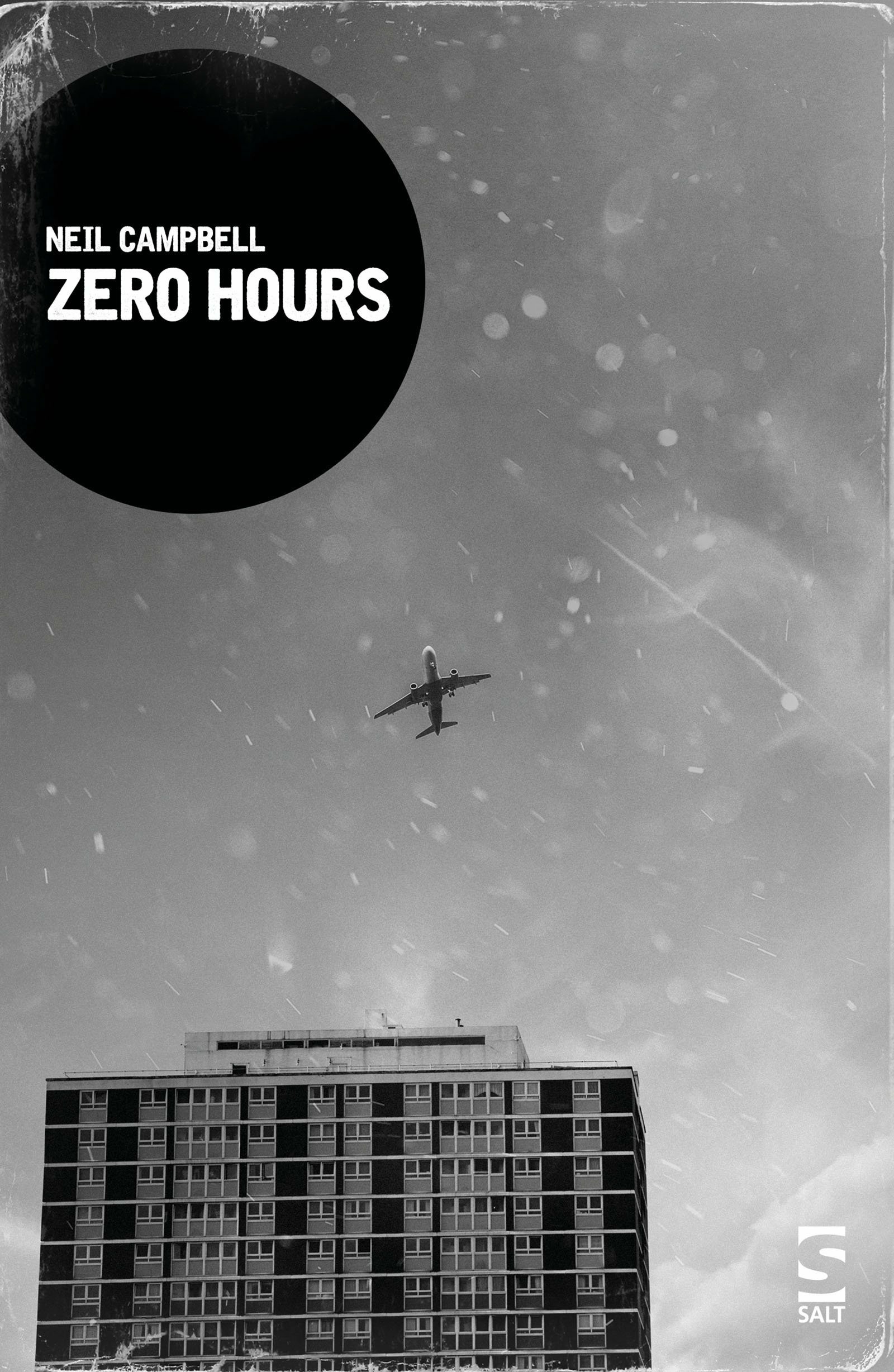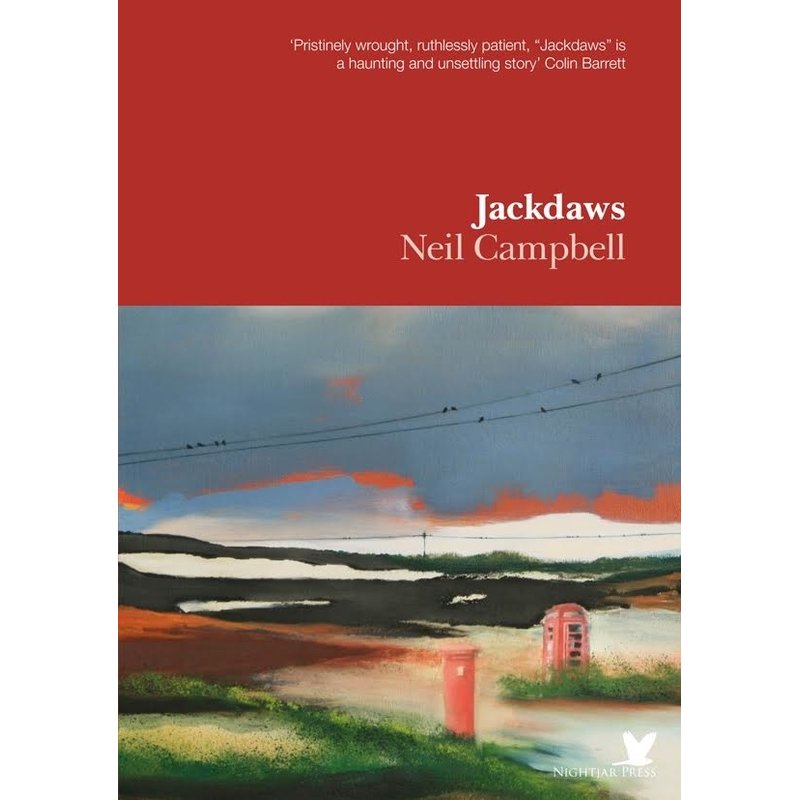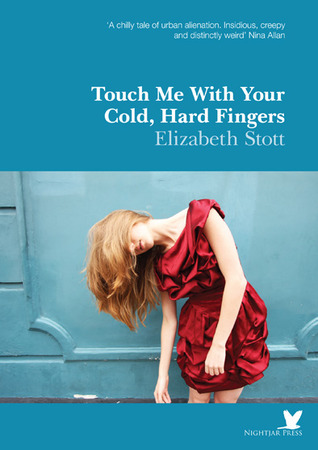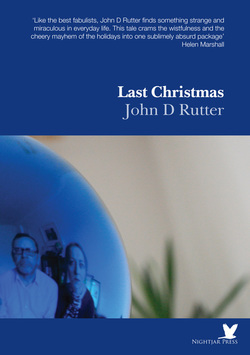
Zero Hours is Neil Campbell’s second novel, the sequel to 2016’s Sky Hooks (which I haven’t read, though the new book mostly stands alone). As its title suggests, this is a novel about work:
Try doing some of this zero hours shit. If you’re off sick then drag your arse in because you won’t be getting sick pay, you’ve got no rights whatsoever. Day after day you phone in asking for work. Day after day you sign in at the desk, just another face from the agency. On the phone, they used to call you for work. Now you have to call them. Time after time it’s engaged.
Campbell’s narrator is a young working-class man from Manchester. Throughout the novel he works a number of zero hours jobs, first at a mail-sorting depot, later at a number of libraries. There is nearly always something to dishearten our man, be it his duties, colleagues, managers, or just the constant uncertainty that comes with this kind of employment. Besides work, the narrator has a number of unsuccessful attempts at relationships, and sees the face of his city change, losing its character to gentrification. There’s a stop-start feel to reading the novel itself: as with zero hours work, the present moment is all, and even the immediate future uncertain.
Alongside his ‘day job’, the protagonist is a writer, active in the local literary scene and with a number of books published. This comes across as the glue holding the man’s life together, a source of continuity in contrast to pretty much everything else happening in his world. Sometimes reading Zero Hours feels like eavesdropping; at other times, it’s like being confided in. It makes one hope that, by novel’s end, there will be some light on the horizon.
Book details
Zero Hours (2018) by Neil Campbell, Salt Publishing, 138 pages, paperback (source: review copy).
Read my review of Neil Campbell’s chapbook ‘Jackdaws’ (Nightjar Press) here.



Recent Comments